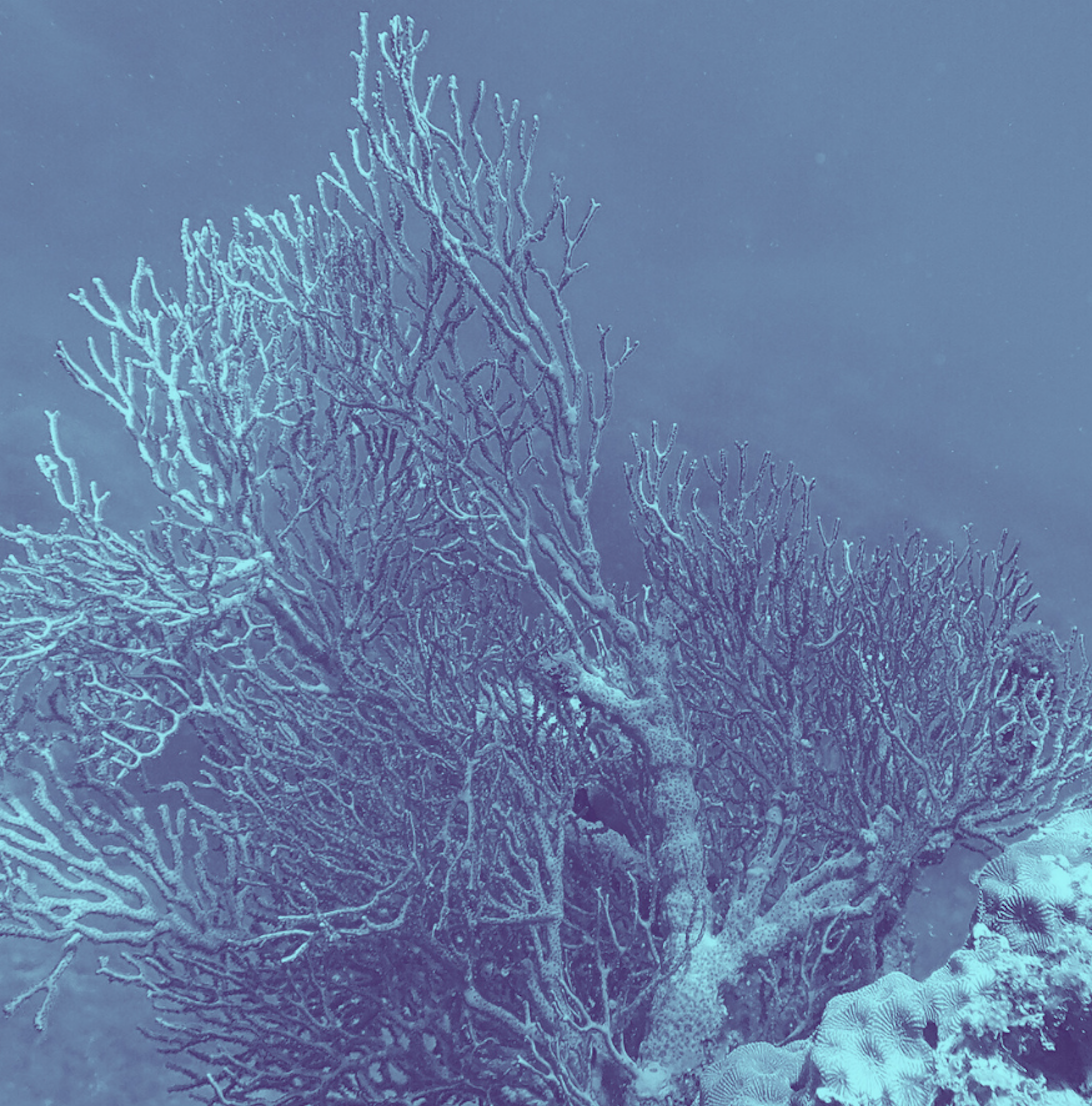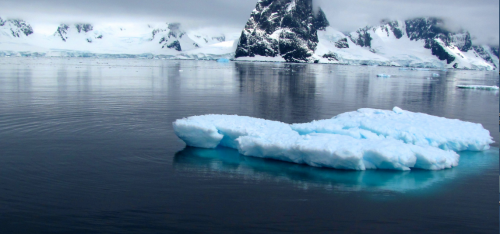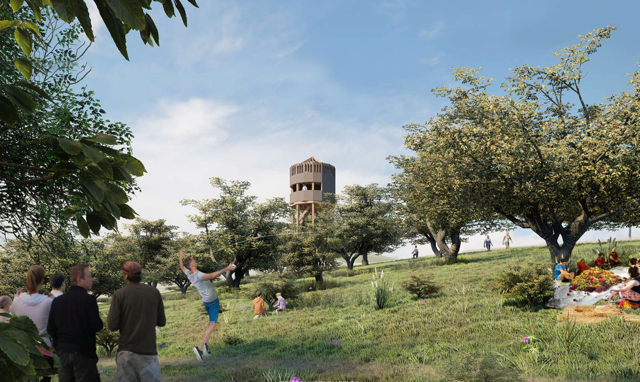
Call for entries: Deniz Villaları – Ecological Crossings
We’re delighted to announce our partnership with the Institut français de Turquie and the Goethe-Institut Türkei in their call for…
Published on 21 March 2017
COAL is invited to speak at a roundtable discussion on the history and mechanisms of climate change, which looks at the speed of climate change events, and looks to the past for responses to future climate change.
This symposium entitled ” Speed C, evaluate the speed of climate change “is the culmination of two years of research by the FATES ( FAst climate changes new Tools to understand and simulate the evolution of the Earth System) project, studying the rate of past climate change to better understand current and future changes. Two round tables bringing together researchers, artists, professors and engineers are organized by the students (FATES project) of the master’s degree “Event Management, Arts and Science Mediation” of the Université Saint-Quentin-en-Yvelines – Université Paris Saclay.
Program :
9am – 12pm: The history and mechanisms of climate change
Climate is one of the most complex natural systems on Earth. Its behavior depends on many mechanisms, such as marine and atmospheric currents, or the carbon and nitrogen cycles. However, these factors respond to fragile balances and this through cycles during which the climate warms and cools. Man, his evolution, his activity and the significant impact he has on his environment (anthropocene) have modified these cycles in a unique and accelerated way. The notion of speed applied to these changes has thus become today a central concern in order to grasp the magnitude of this Anthropocene, but also the frequency and amplitude of the disasters that result from it in a rather obvious way. From now on, the issue is no longer whether climate change will pose a problem for mankind, his economy and his survival. The real question is when and how this will happen. To better understand these functions and to anticipate their future evolution, both in the short and long term, researchers are therefore turning to the past. Paleoclimatology seeks to discover where this runaway climate cycle is leading us by studying past behavior. This allows us to draw up a panorama of the contemporary climate and to wonder about the future climate.
Scientific direction: Pascale Braconnot, Christophe Colin
Pedagogical direction: Gianni Giardino
Moderators: Christophe Colin, Pascale Branconnot
Speakers : Antonin Pottier, Frédéric Denhiez, Christine Perrin, Loïc Fel
14h – 17h : The resilience of man and nature to the speed of climate change In the coming century, the Earth and its inhabitants will undergo an unprecedented global warming not so much by its magnitude as by the speed of its implementation. What are the expected changes on the continents, oceans, ice caps and how fast in response to this global temperature increase? 17,000 years ago, the planet left an ice age and entered an interglacial phase. Although more gradual, under much lower CO2 concentrations, the global temperature increase associated with this transition is of equivalent magnitude to that expected today. In this context, what lessons can we learn from what happened during the last deglaciation? How far can we extrapolate from the past what might happen in the future? Are there already visible consequences of the current rapid warming on plants, animals and humans? Will the magnitude and speed of the current change allow sufficient room for ecosystems to adapt? Is it possible to limit global warming so that its speed does not exceed the rate of possible evolutionary adaptations of species and societies?
Scientific direction: Christophe François, Christine Hatte
Pedagogical direction: Sylvie Catellin, Maud Presse
Moderator: Pierre-Henri Gouyon
Speakers: Valérie Masson-Delmotte, Paul Leadley, Joël Guiot
Multimedia performance reading : Stéphane Perraud – Aram Kebabdjian
Conference “Vitesse grand C” at the Cité des Sciences et de l’Industrie, Paris
30 Avenue Corentin Cariou
Wednesday, March 22, 2017 from 9 a.m. to 5 p.m.
Free admission with registration: docs.google.com
More information on: www.vitesse-du-changement-climatique.fr
We’re delighted to announce our partnership with the Institut français de Turquie and the Goethe-Institut Türkei in their call for…
Since 2022, as part of the Pays de l’Arbresle’s “Les murmures du Temps” art trail, Thierry Boutonnier has been sending…
Since 2022, as part of the Pays de l’Arbresle’s “Les murmures du Temps” art trail, Thierry Boutonnier has been sending…

